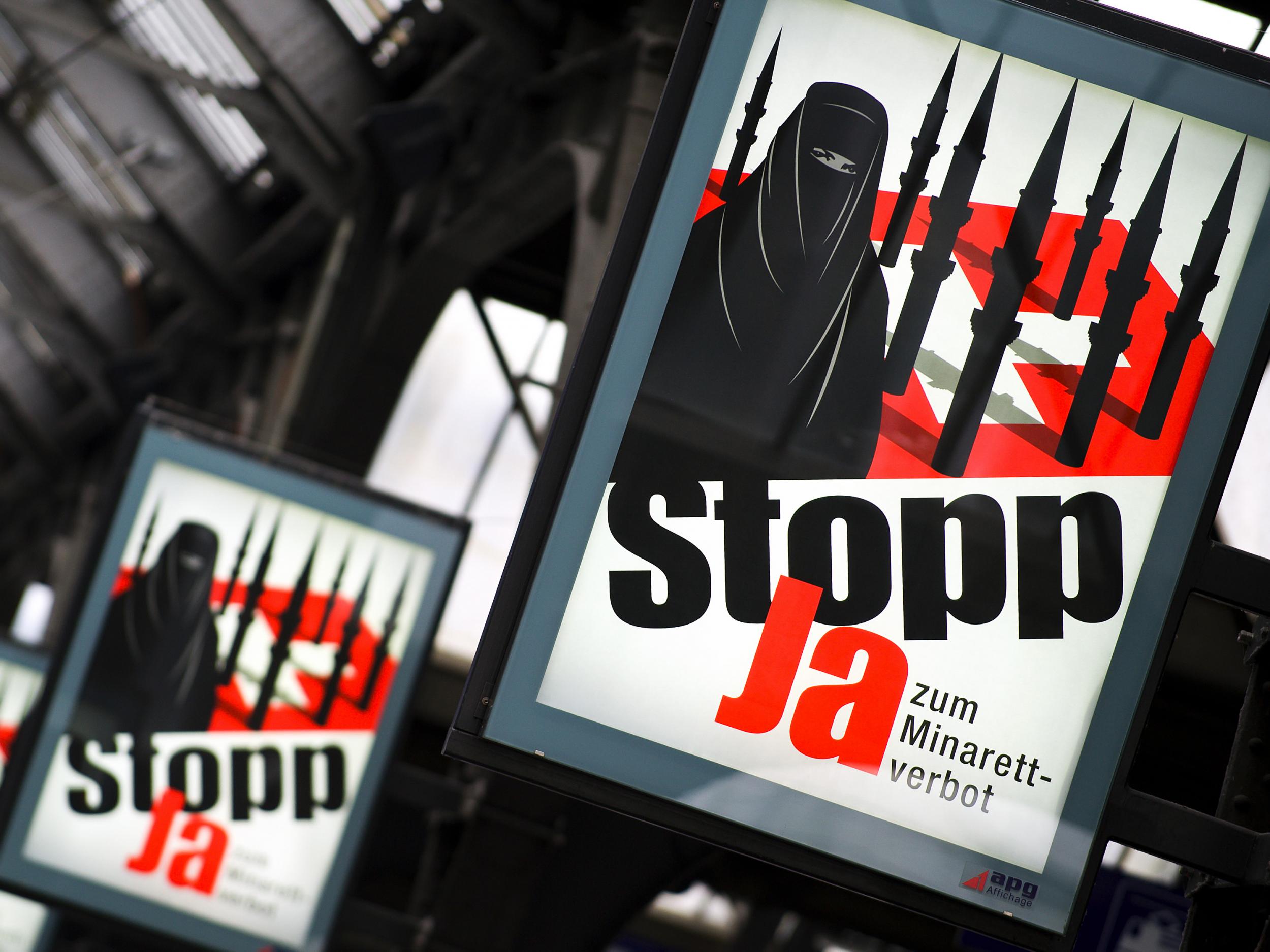Morocco has just brought in its own burka ban – it’s different to France and Belgium’s but it’s not any better
The ban on the sale, production and import of the burka demonstrates a more considered response to a rising fear of extremism than the burkini ban which swept through France in 2016. But it still looks a lot like the unofficial ban on women driving in Saudi Arabia

The Moroccan government banned the sale, production and import of burkas on Monday – retailers were given 48 hours to destroy their stocks of the garment. Though no official announcement has been made, a high-ranking Interior Ministry official confirmed the ban to the French-language website Le360, citing “security concerns”.
Controversy is raging in the country. Some argue the ban impinges on the freedom of women. Others welcome it as a curb on the influence of an interpretation of Islam that is both foreign to the kingdom’s religious heritage and extreme. In protest, Moroccan Salafist Sheikh Abdelhamid Abounaim has pledged to defy the ban by giving away the garment for free. Prominent cleric Sheikh Mohamed Fizazi has argued the ban is justified as the burka is culturally symbolic of other countries and is not a Moroccan religious outfit.
However, the ban on the sale, production and import of the burka does represent a more considered response to a rising fear of extremism than the burkini ban which swept through France last year. Through restricting access to the garment, it is hoped fewer women will wear it. A Moroccan woman is therefore still free to wear the burka – but good luck with acquiring it in the country.
This approach means Morocco has, so far, avoided criminalising the female form in the way an outright ban on the wearing of the garment would. Though this could be pitched as a positive and a smarter response to perceived threats to the fabric of Moroccan society, it unfortunately seems similar to the approach Saudi Arabia takes to women driving.
In Saudi Arabia, there is no official law banning women from driving – they are simply not issued licences. The result in both cases is the same: women’s choices are restricted and their autonomy over their own bodies is sacrificed for a wider political agenda.
At a wider glance, the fixation on what Muslim women wear is now verging on the ridiculous. It is not new or restricted to a particular region of the world. The face veil is banned in France and in Belgium a Muslim woman can face a fine and seven days in prison if caught wearing it in public spaces. In the Netherlands, the burka is banned on public transport, in government buildings, schools and hospitals, and in Switzerland a Muslim woman faces a fine of up to £8,000 if caught wearing the face veil in public buildings. Chad and Niger, to name a couple, have similar bans.
Restricting a woman’s autonomy over her own body simply because society chooses to project symbolic meaning on to her physicality is nothing short of social appropriation. Suddenly, in the eyes of the law, a woman’s body does not belong to her; it belongs to everyone.
It is for this reason that bans on what women wear, whether through restricting access to garments or criminalising the act of wearing them, will always be counter-productive. The sacrifice is simply too high.
Perhaps it is time to change the debate and move away from discussions over what parts of the female body are appropriate for public display, a debate extremist ideologues are also engaged in. The female body is not a canvas on which society can draw lines to demarcate the limits of its morality. Where that line is drawn – the wrist, the cleavage, the bikini line, the face – changes culture by culture, but the sentiment remains the same.
Put simply, expecting a woman to bear the burden of reflecting her society’s moral integrity back on itself is expecting too much.
Saeida Rouass is an author and North Africa project manager for FATE (Families Against Terrorism and Extremism). Her novel ‘The Assembly of the Dead’ will be published by Impress Books in the spring

Join our commenting forum
Join thought-provoking conversations, follow other Independent readers and see their replies